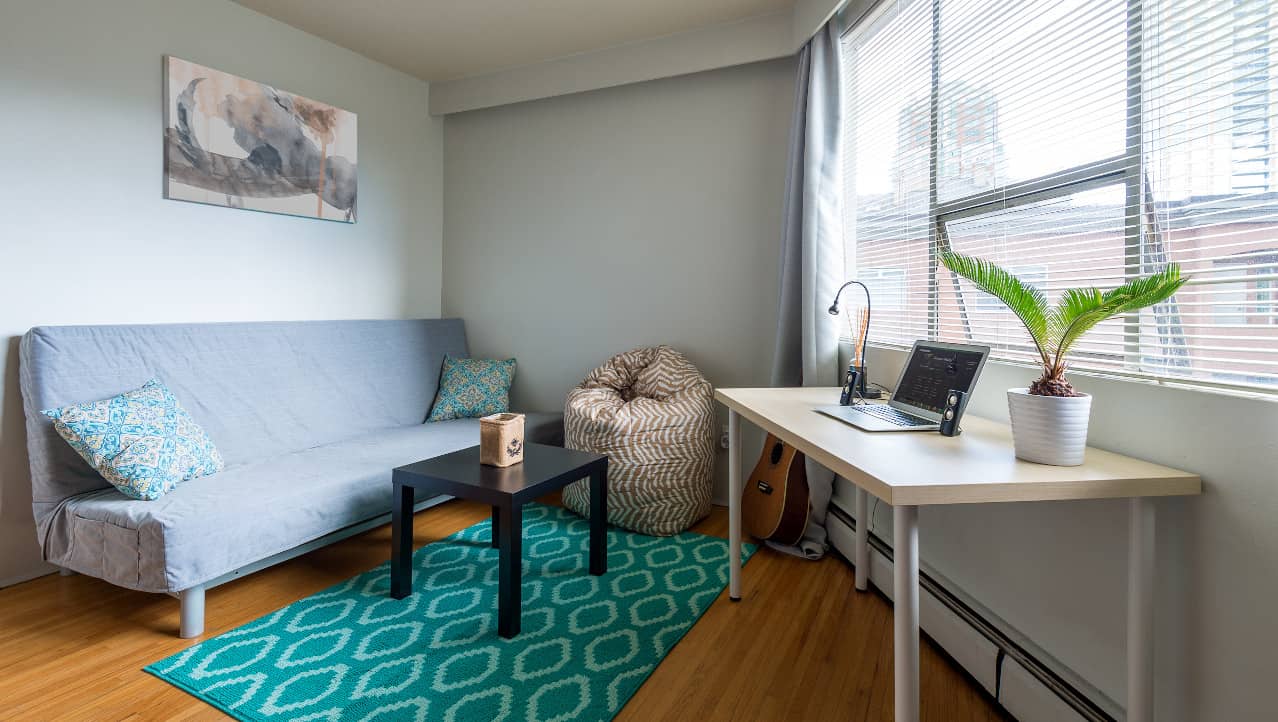You might be considering buying a rental property, but have you ever considered investing in a student rental? For the real estate investor, a student rental property can be a great move when it’s done right.
Related: How to strategically use low cost mortgages for real estate investment purposes
I’m not going to lie. Students can be a lot more work than regular long-term tenants. But there’s also the opportunity to make a lot more money. The key to success is properly screening your tenants to make sure you end up with low maintenance dream student tenants.
Without further ado, here are the advantages and disadvantages of student rentals.
Advantages
When you’re renting to students, you can rent by the room. This tends to be a lot more profitable than renting by the unit, as you would normally do with a regular tenant.
You don’t need to spend a bundle on finishes, such as hardwood and granite. The student rental needs to be clean, functional and professionally done. But you won’t need to spend as much on renovations as you normally would for long-term tenants.
You shouldn’t have any issue finding students to rent to. As long as you’re in a college or university town and the students are still reporting for in-persons classes during COVID times, you shouldn’t have any trouble renting your property out.
Rental cycle easy to plan for
Although the turnover rate is higher than renting to long-term tenants, the rental cycle is easy to plan for. The start and end of the lease coincides with the beginning and end of the school year. This means in most cases you’ll only have to look for tenants once a year.
Disadvantages
Perhaps the biggest disadvantage for the real estate investor is that the COVID situation is still fluid. Although colleges or universities are opening right now, that could always change in the future if there’s an outbreak of COVID. This could make it harder to rent out your student rental than it normally would be, especially with more students staying home and doing their education virtually.
The good news Is that once the student signs a long-term lease, the chances of them paying is that much better. Things will get back to normal eventually. The “new normal” isn’t forever.
Will they take care of your property?
Although you only typically have to rent out your student rental once a year, depending on how many rooms you have for rent, it could mean a lot of time spent screening and interviewing potential tenants.
Since many of these students will be living on their own the first time, they may not take care of the property as a normal long-term tenant would.
Get ready to spend a lot more on maintenance and repair. Because students don’t tend to show the same pride of ownership as long-term tenants, the real estate investor will need to budget more on the upkeep of the property.
Since students tend not to be as knowledgeable about properties as other tenants, expect to get a lot more calls over simple stuff like changing light bulbs and smoke alarm batteries.
TOP IMAGE: SHUTTERSTOCK

Sean Cooper is the bestselling author of the book, Burn Your Mortgage: The Simple, Powerful Path to Financial Freedom for Canadians. He bought his first house when he was only 27 in Toronto and paid off his mortgage in just 3 years by age 30. An in-demand Personal Finance Journalist, Money Coach and Speaker, his articles and blogs have been featured in publications such as the Toronto Star, Globe and Mail, Financial Post and MoneySense. Connect with Sean on LinkedIn, Twitter, Facebook and Instagram.








